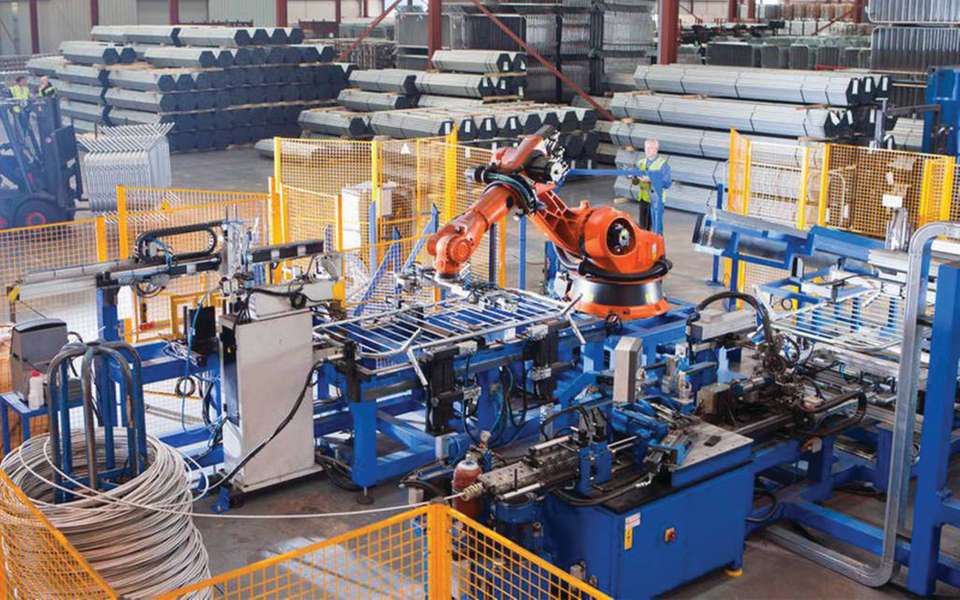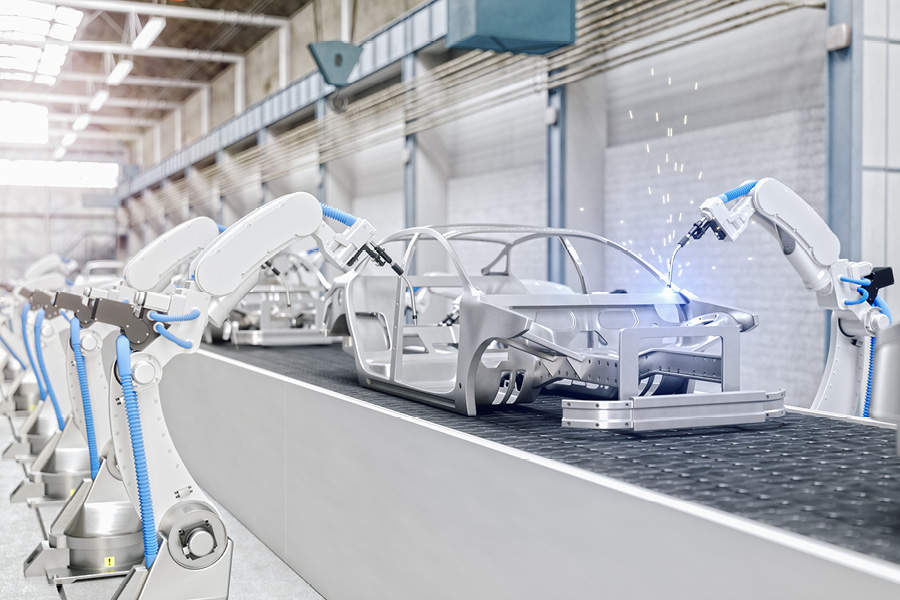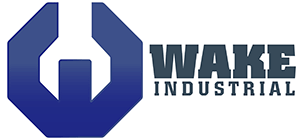Industrial Innovations in Response to COVID-19
14 January, 2021 | COVID-19, Industrial Manufacturing, Industrial Engineering, Innovation

It’s no secret that the COVID-19 pandemic has had a dramatic impact on almost every industry. It has disrupted work, school, and entertainment for billions of people around the globe. While 2020 was largely dominated by negative headlines related to the virus, 2021 should be a better year thanks to the widespread rollout of vaccines.
In the meantime, it’s worth taking a look back at the many innovations that were created in response to COVID-19. The industrial sector is responsible for many of them since it needed to continue operating despite the risks posed by the virus.
As a result, industrial manufacturing looks a lot different than it did at this time last year. While not all of the innovations created out of pandemic necessity will stick around, some of them certainly will. Let’s take a look at the biggest innovations that arose in the industrial manufacturing space due to COVID-19.

Automation is King
When a deadly virus is spreading, the best way to mitigate risk is to remove humans from the equation whenever possible. Automation gives manufacturers a way to do so without jeopardizing their production and output.
While many of today’s manufacturing plants are already highly automated, the COVID-19 pandemic has opened doors for automation in different areas. For instance, many companies have turned to robots or drones for sanitation purposes. When outfitted with chemical sprayers or UV-C light arrays, these autonomous solutions can quickly and efficiently disinfect large and small spaces alike.
Meanwhile, companies that specialize in supplying robotic manufacturing solutions have had a chance to thrive. Factories around the world are scrambling to upgrade their assembly lines to make them self-sustaining and decrease reliance on human workers. Although the pandemic will end one day (hopefully soon) the trend of increasing automation in the industrial manufacturing sector is likely here to stay.

Virtual Reality Gets More Useful
In some cases, it simply isn’t possible to summarize something without a personal tour. Whether that means bringing a buyer through your production line or introducing new employees to a facility, these visits are essential in the industrial manufacturing space.
Of course, in light of the pandemic, it has become dangerous to travel and tour facilities. That makes virtual reality (VR) an ideal solution.
San Francisco-based startup Imeve’s AVATOUR platform allows users to visit remote locations in real-time through a VR headset. They can tour the facility with 360-degree views and communicate with those on-site as if they were really there.
Supply Chain Management
Since the pandemic put a halt to manufacturing operations around the world for several months of 2020, most companies experienced significant supply chain disruptions. This is beginning to lead to more effective supply chain management across every industry.
Companies in the industrial manufacturing space are opening their eyes to new means of sourcing components and materials to keep their operations running. Digital platforms like Sourceability’s Sourcengine make this easier than ever and help companies in every industry sidestep the hurdles of disrupted supply chains.
Moving forward, the digital shift will likely continue. Companies have no reason to go back to the old way of doing things since the pandemic has proven that doing so leaves supply chains vulnerable to global and regional disruptions.

Remote Management
As mentioned, it is sometimes impossible to keep people out of manufacturing operations. However, thanks to innovations in the remote work space, it’s easier to monitor things from afar than ever before.
Various digital solutions allow companies to tap into the programmable logic controllers (PLCs) on-site to collect data. This information is then sent to live dashboards which can be viewed remotely. This gives engineers and supervisors the ability to monitor and adjust a factory’s performance without being there in-person.
Once COVID-19 dissipates, these individuals will be able to return to work. However, the remote tools that arose from the pandemic will be here to stay. Remote management capabilities allow manufacturers to hire people in other locations, keep their in-person quotas low, and offer employees more flexibility with things like hours and schedules. As such, they will be an attractive feature of industrial manufacturing facilities moving forward.










